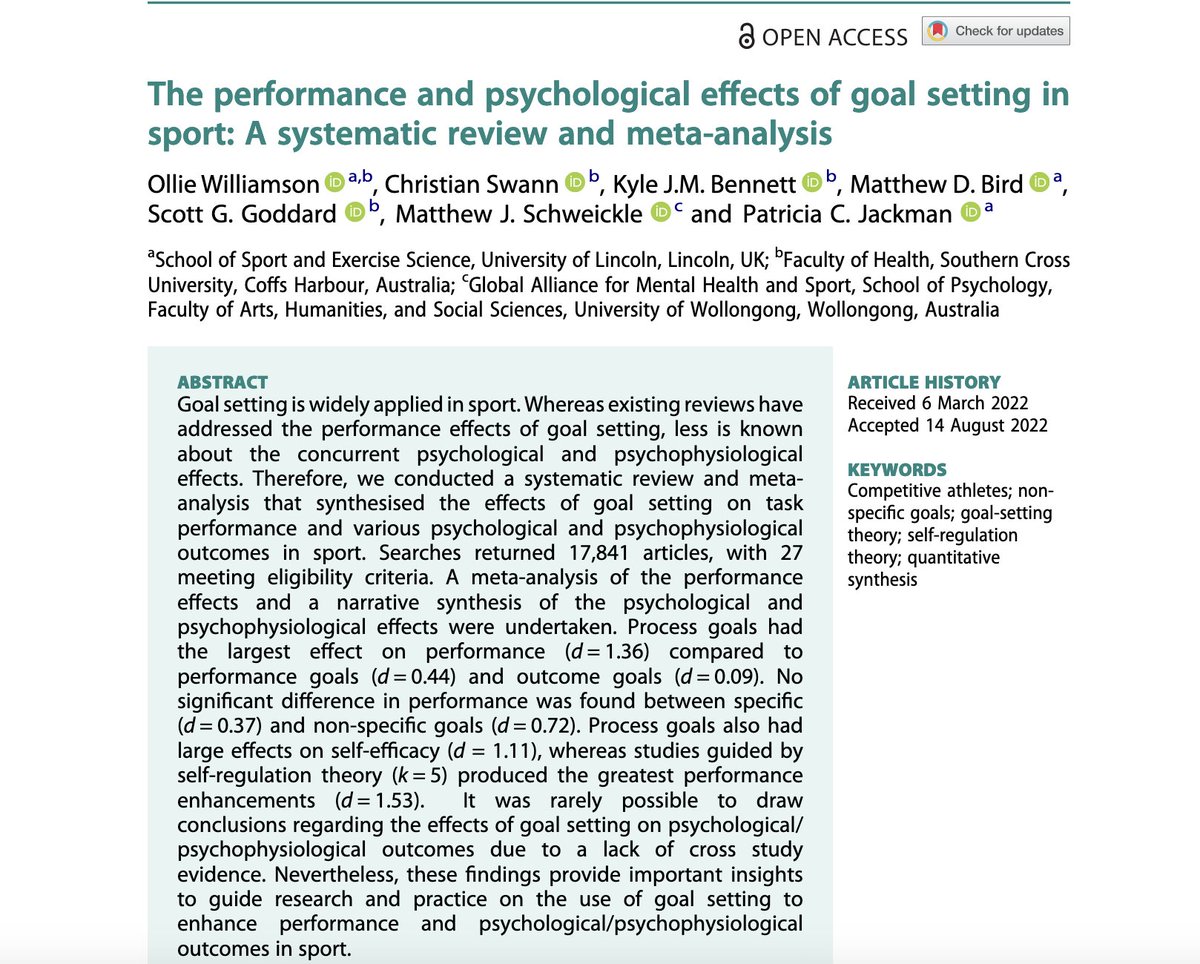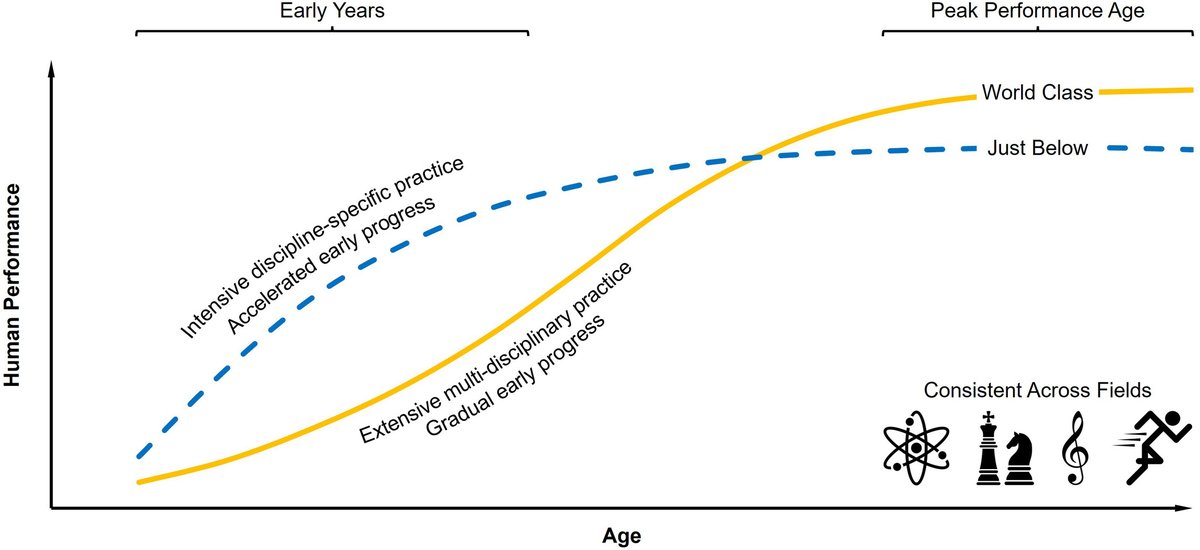
Author of the NEW Book Win the Inside Game: https://t.co/zOxmZky5V2
Performance Coach: Mental & Physical Performance
Prior Books: Do Hard Things, Peak Performance
17 subscribers
How to get URL link on X (Twitter) App


 Neuroscientist Jane Joseph put Honnold in an fMRI machine and showed him disturbing images. Disfigured corpses. Pictures designed to make anyone cringe.
Neuroscientist Jane Joseph put Honnold in an fMRI machine and showed him disturbing images. Disfigured corpses. Pictures designed to make anyone cringe. 
 Two main reasons this works:
Two main reasons this works:
 The data is staggering.
The data is staggering.